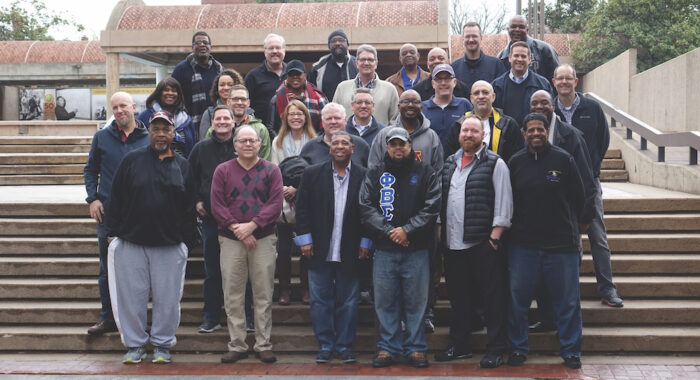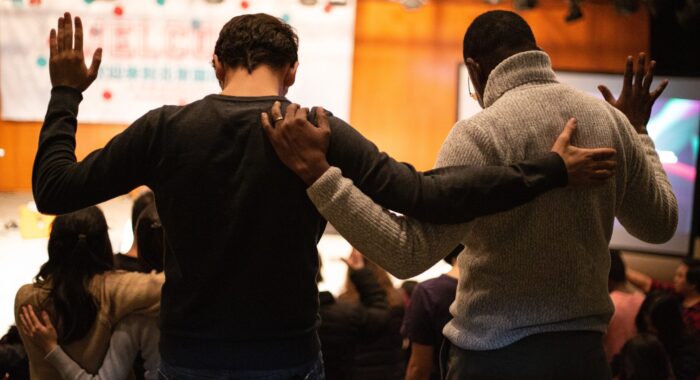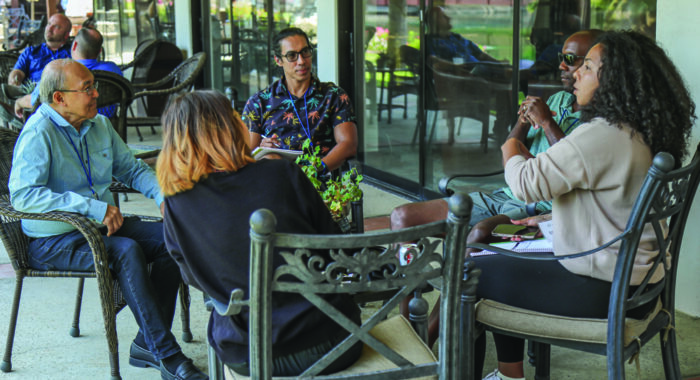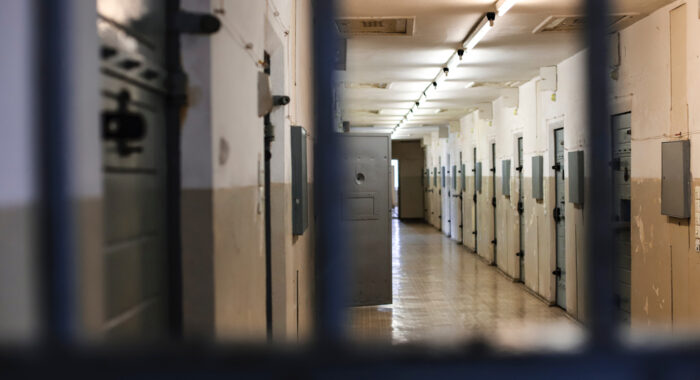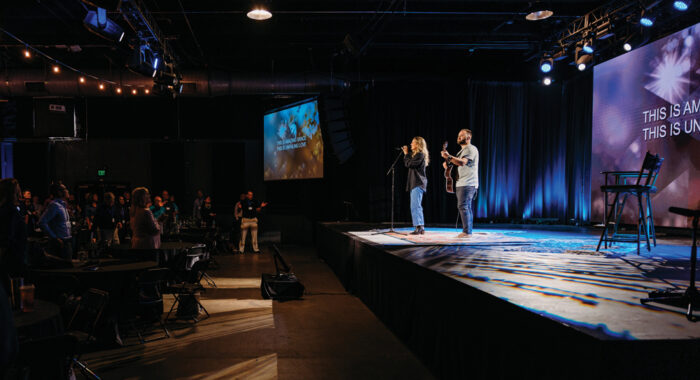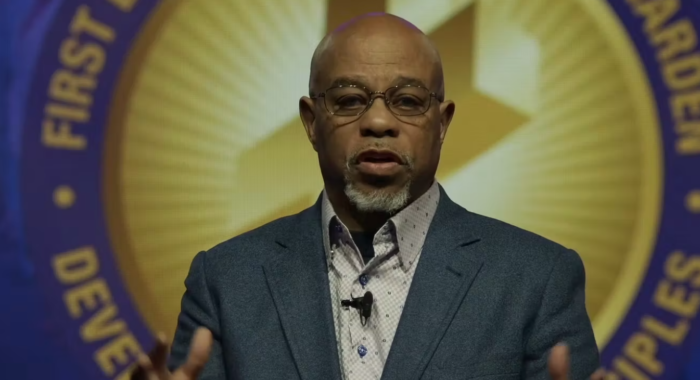
Understanding that the United States has the world’s highest rate of incarceration among industrialized nations with some 1.6 million Americans currently incarcerated, the National Association of Evangelicals (NAE) recognizes the necessity of the biblical mandate to minister to those in prison and to family members impacted by incarceration.
We therefore affirm the Church’s need to share the gospel with those in prison, to support and encourage, and be supported and encouraged by believers who are the “church-behind-the-walls,” and to support and encourage families impacted by incarceration and ex-prisoners as they complete their incarceration and re-enter society.
NAE acknowledges that the people of God, whether in prison or free in society, are equal in the sight of our Lord Jesus Christ as we have been saved only by His grace through faith. The teaching of Jesus Christ in Matthew 25 to “visit those in prison” is tantamount to doing so for Christ Himself: Both those who are incarcerated, and those family members who remain on the outside, represent individuals for whom Christ died, who need to hear the message of salvation, and who may, because of the trauma occurring in their lives, be particularly open to the message of the Gospel and to committing their lives to Christ. Prisoners and their families represent one segment of the “harvest field” referred to in Matthew 9:36-38.
Incarcerated believers who make up the “church-behind-the-walls” have the same need as believers in the “outside world” for instruction, for living by example, and for being equipped to do ministry. Local churches can play an important role not only in sharing the gospel with incarcerated non-believers, but also in supporting, teaching and equipping saints in the incarcerated church for ministry in their environment. Building strong believers in the “church-behind-the-walls” will become even more important as prison overcrowding, changing architecture of prison facilities, and political pressure to reduce recreational and educational programming for prisoners decreases opportunities for “outsiders” to effectively minister within the prison walls.
Further, the “church-behind-the-walls” can teach and effectively model for Christians in the outside world biblically directed care for one another, transformation of the mind and personality through a relationship to Christ and the ministry of the Holy Spirit, and racial, cultural, and economic reconciliation.



 View All Updates
View All Updates 



